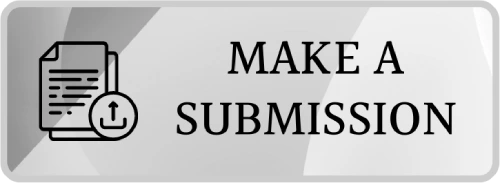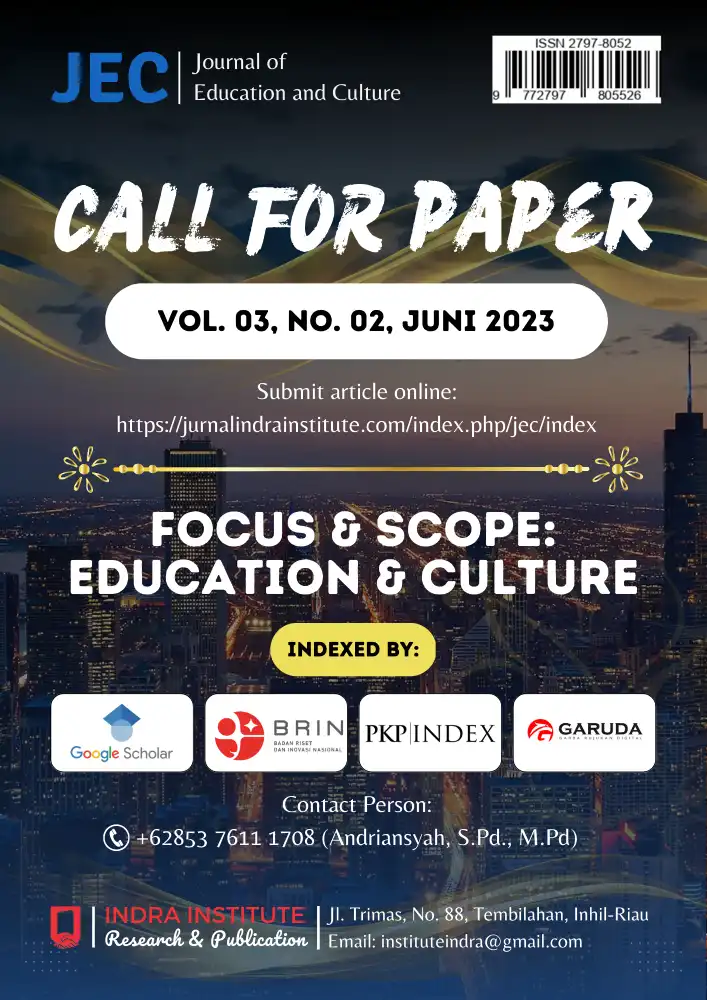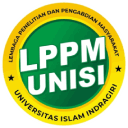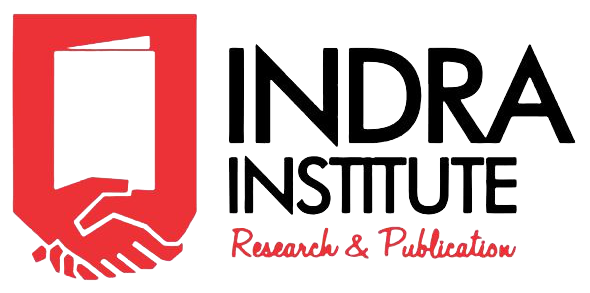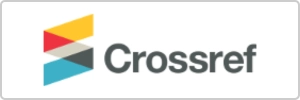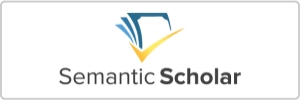Learning Outcomes: The Effect of Learning Model Between High Motor Group and Low Motor Group
DOI:
https://doi.org/10.58707/jec.v4i3.985Keywords:
Learning Model, Motor Learning Outcome, VolleyballAbstract
This research is motivated based on the author's observations, during field practice at SMAN Teluk Kuantan, showing that students who have the skills to play volleyball tend to be less serious in the lessons they are following, inversely proportional to students who are less proficient in playing volleyball are more serious and pay attention to the teacher. The purpose of this study is to determine how much influence the tactical approach has on the learning outcomes of volleyball games for groups of students who have high motor skills. 2. Want to know how much influence the tactical approach has on the learning outcomes of volleyball games for groups of students who have low motor skills. The instruments used in this research are initial test, treatment and final test. The sample in this study were Teluk Kuantan State Senior High School students who participated in volleyball extracurricular activities. Based on the data processing of the volleyball game learning outcomes test, the high motor group shows tcount = 1.900 = ttable = 1.720, thus the null hypothesis (Ho) is rejected. The low motor group shows thitung = 3.653 = ttabel = 1.720 thus the null hypothesis (Ho) is rejected. So it can be concluded that the tactical learning model has a significant effect on the results of learning volleyball games for high motor groups and low motor groups. Data processing and analysis show tcount = 0.511 < ttable = 0.61 so there is no difference, but from the results of data processing the difference test shows that the high motor group has a smaller average value than the low motor group, so it can be concluded that the low motor group has a higher increase in learning outcomes compared to the high motor group.
Downloads
Published
How to Cite
Issue
Section
License
Copyright (c) 2024 Journal of Education and Culture

This work is licensed under a Creative Commons Attribution-NonCommercial-ShareAlike 4.0 International License.


